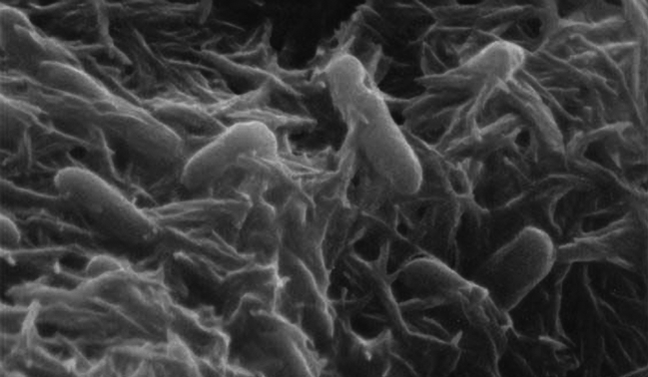Electric Bacteria - Groundbreaking Science or Old News?
From Meet the electric life forms that live on pure energy

The idea of a species of bacteria that might be able to subsist on electricity is a tantalizing one and in fact is an idea that has been around for some time. As early as the 1990’s, the isolation of Shewanella species (one of the ‘electricity eaters’ mentioned by the article) demonstrated that bacteria could uptake electrons. Indeed, a whole class of bacteria are able to live off of iron by making it rust (oxidizing it, article here).
So the ideas presented by the article are years, if not decades, old. Electric bacteria also came to the attention of the United States Government’s Advanced Research Projects Agency Energy (ARPAe) agency who funded a large scale ‘Electrofuels’ endeavor to harness these bacteria for useful purposes (see their website). Unfortunately, many labs struggled to coax the Schewanella to grow off of electricity and certainly never got them to produce fuels.
Is the field of electric bacteria dead? Far from it – many current projects are attempting to address the basic biology of electron eaters like Shewanella (see PubMed for a listing). Indeed, understanding these bacteria may yield groundbreaking insights into the origin of life and the possibility of extraterrestrial bacteria. Also, with a better understanding of Shewanella and others, we may be able to harness their unique biology to develop sustainable biofuels.
Edited by SITN Waves Editor Adam Brown. Special thanks to Buz Barstow, Tyler Ford (Harvard, Biological and Biomedical Sciences), and Jernej Turnsek (Harvard, Biological and Biomedical Sciences) for their detailed insight.

